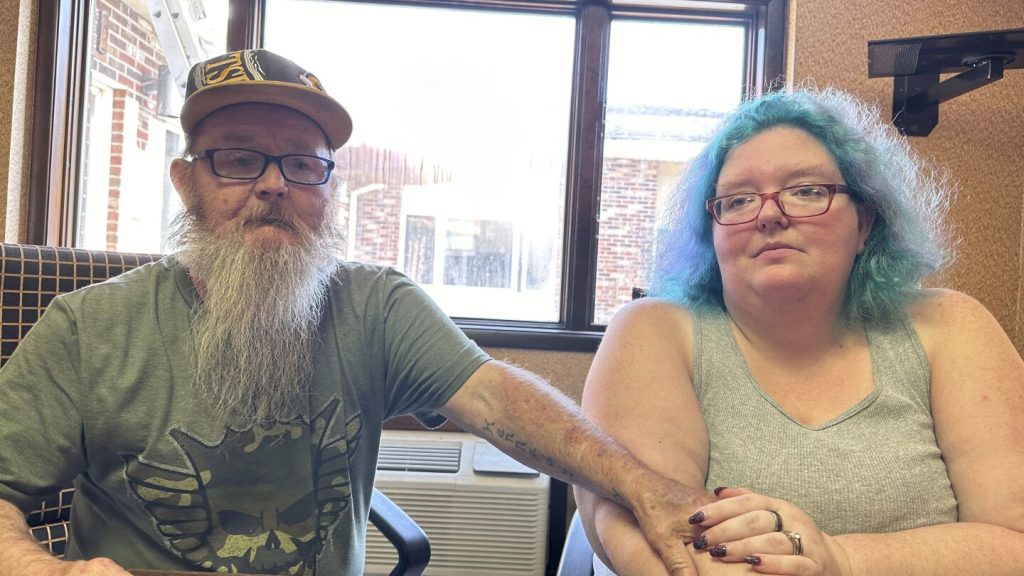The state of Vermont is facing a crisis as it winds down its pandemic-era motel voucher program that has housed hundreds of vulnerable people experiencing homelessness in motel rooms. The program had a new 80-day limit stay in motel rooms that started in July, and around 230 households are expected to leave the motels this week. These households include families, individuals with disabilities, pregnant women, older individuals, and those who have experienced domestic violence or natural disasters. Due to a new cap on the number of motel rooms available, some households are being denied rooms as there is no space.
In central Vermont, around 100 to 140 families will be leaving motels this fall, adding to the crisis of homelessness in the state. Advocates are struggling to find housing solutions in a state with a housing crisis, which had the second-highest per capita rate of homelessness in the country in 2023. Many families are being left without options, with some advocates having to resort to putting them on a list for tents and sleeping bags because there is nowhere nearby to camp. Shelters in the area are already at capacity, leaving many vulnerable households with nowhere to go.
As the state prepares to enter winter, households are facing uncertainty about where they will live after being forced to leave the motels. Some residents, like disabled veteran Bruce Jewett and Heidi Wright, who has health issues, are struggling to find housing due to a lack of availability. Despite efforts from advocates and organizations, there are no immediate solutions to the crisis, leaving many vulnerable individuals feeling desperate and without options. The situation is described as traumatic and heartbreaking for those affected.
Community leaders from various Vermont cities and towns have raised concerns about the growing rate of homelessness in their communities and called on the state government to do more to address the issue. While the state has been attempting to reduce its reliance on the motel voucher program, the challenges of finding housing remain a significant issue. Governor Phil Scott acknowledged the difficulties of the situation, stating that the hotel-motel program is not sustainable in the long term. The state is aiming to establish more shelters, but the demand for housing continues to outpace the available resources.
The shortage of rental apartments in Vermont has contributed to a significant increase in homelessness over the past few years. City and town leaders estimate that the number of people experiencing homelessness has tripled since 2019, with a reported rise from 1,100 in 2020 to over 3,400 in recent years. To address the housing crisis, Vermont will need to create thousands of homes in the coming years to meet demand and provide housing for those who are currently experiencing homelessness. The state is focused on building more affordable housing units to address the issue in the long term.
Despite efforts from the Agency of Human Services and other organizations to assist people in finding housing, the shortage of available units remains a challenge. Secretary Jenney Samuelson emphasized the need for a focus on building affordable housing units that individuals can afford and expanding housing options significantly. The state is working towards creating more housing solutions to address the crisis of homelessness and provide stable housing for vulnerable populations in Vermont.


